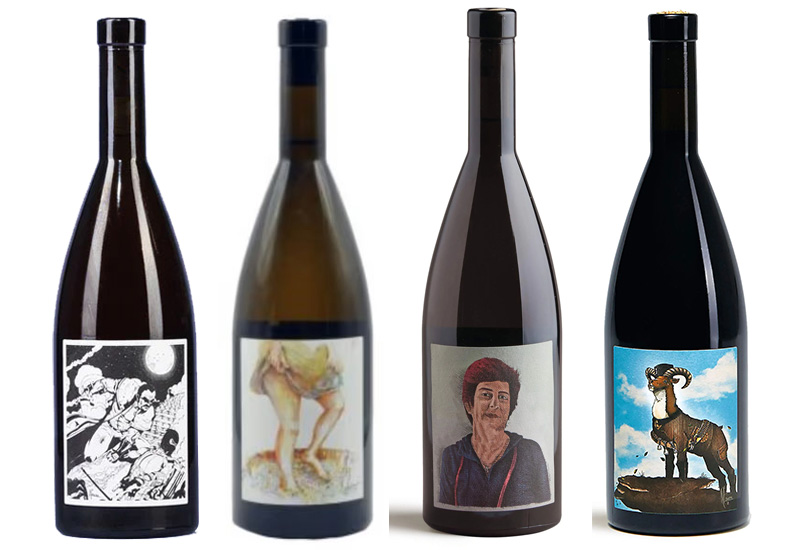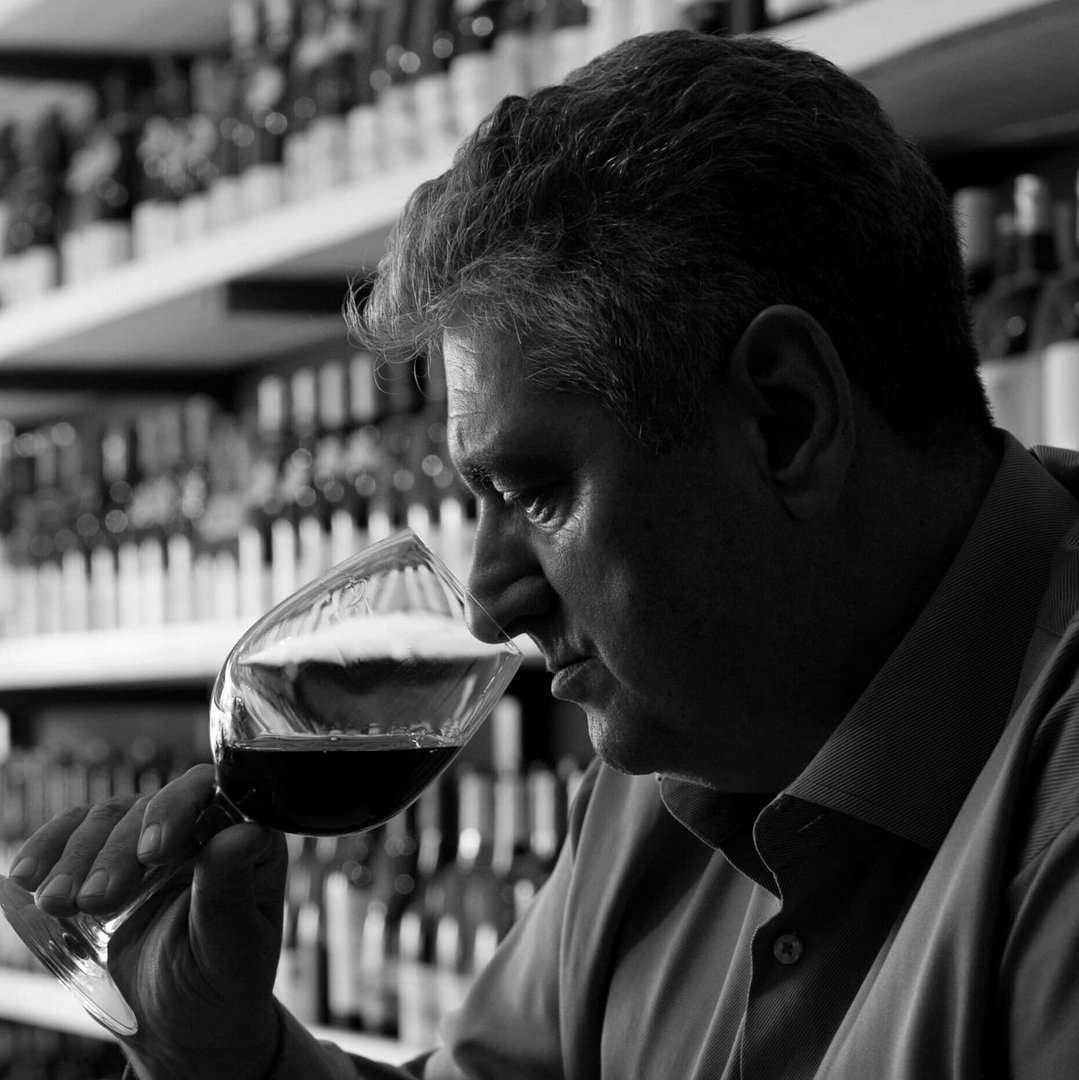Industry has developed massively over the last few years
Let us start with the definition, what are experimental wines? They are wines born from uncertainty and the constant questioning that drives winemakers to seek new ways to interpret wine, new preparations and new insights.
Cypriot winemakers, when they are not working with traditional methods, the next-gen winemakers, are driving innovation with experimental side projects – and pushing Cyprus’ wine industry forward.
Our wine scene in Cyprus is buzzing and blooming, full of exploration, experimentation, and a drive to better identify Cyprus winemakers, globally. There is something happening in Cyprus There has been a substantial change in the last few years – new styles, new winemakers, and established winemakers just inspired to make new things.
The most interesting of these are side projects – sub-labels from next-generation winemakers who want to project their ideas, explorations and international learnings on the foundations their fathers and grandfathers built.
Winemaking blossomed in Cyprus at the hands of four wineries, which planted vines to make the volumes, especially Mavro and Xynisteri. The latter has become the dominant white grape and emerged as the country’s flagship variety, beloved for its versatility and adaptability to hot weather resistance.
Xynisteri is Cyprus, Cyprus is Xynisteri. We still cannot export Cyprus wine abroad unless it has Xynisteri in it. The grape rose to fame because of experimentation, oak, spotaneous yeast fermentation, lees, orange. The Mavro grape variety partners Xynisteri in Commandaria and Zivania. It thrives on all soils and holds a special place in Cypriot cuisine and culture.
Over the last few years, several indigenous grape varieties have emerged as strong contenders for Xynisteri. These are also bred for their resistance to pests and disease, adaptability to warmer climates, and potential to produce high-quality wines. Like Xynisteri winemakers are now focusing on producing high-quality, terroir-driven wines to elevate Mavro’s status globally. Experimentation involves the use of clay urns (pitharia) or egg-shaped clay tanks. The use of used oak barriques also strengthens the case for Mavro grape rosé, with vigour and ability to age.
Other varieties include Morokanella, Promara and Spourtiko. Giannoudi is advancing and is competing with Maratheftiko in popularity, and we expect to see Opthalmo producing some interesting red
As the indigenous grape varieties continue to be developed and cultivated, the future of winemaking in Cyprus is filled with exciting possibilities despite the recent fires. Whether it’s through experimenting and using new wine techniques, adapting to climate change, planting vineyards on high altitude or in new regions, the industry is evolving to meet the demands of consumers who are increasingly looking for diverse and unique products.
The potential of the indigenous varieties extends far beyond traditional wines, offering winemakers an opportunity to craft wines that are not only sustainable and climate-resilient but also full of character and flavour. By embracing change and experimentation, winemakers can ensure that the future of Cyprus winemaking remains dynamic, innovative, and always evolving.
Wines of the week
Microvinifications by Vouni Panayia began in 2018 as the Kyriakides family’s quiet rebellion – an ode to Cyprus’ native grapes and their untold stories. Through five editions and 33 daring bottlings they traced the land’s pulse through wine.
2024 Vouni Panayia, Nature’s Vengeance Morokanella Orange, PGI Pafos ABV 13%
Nature’s Vengeance is left to rest on its skins for 45 days. Nature might be pissed off but you will not be when you taste this Morokanella experiment. Golden yellow in colour, it opens with austere floral aromas of orange and lemon blossoms, followed by tropical white fruits. The palate is far more expressive. It is saline, grainy and fresh with pronounced acidity, yet approachable, with good volume and subtle earthiness. Refreshing and bold, yellow and citrus fruit with abundant crust stone. €35
2024 Vouni Panayia, Vasilissa Orange, PG Pafos, ABV 13%
Sourced from two vineyards from two distinct aspects. Together the result will surprise you. Bright yellow colour, the nose is complex, with an explosion of white flower notes, candied fruits, and white pepper. Smooth and fine, its texture embraces the palate. The tasting ends with a long finish that extends the gourmet experience, with a delicate, bitter tip that stimulates the taste buds. €25
2023 Vouni Panayia Themis Rosé Mavro, PGI Pafos ABV 12.5%
A rosé expression from the Mavro grape, the result of spontaneous fermentation aged in 300lt French oak, dedicated to the family’s mother Themis. The wine reveals a beautiful pink hue, over strawberry red in colour. The nose is enveloped, with soft, rich fruit, red plum and strawberry, candied citrus evolving towards lemon verbena leaves. On the palate, the wine is clean and reveals notes of red fruits. The nose envelopes aromas of candied citrus, evolving towards lemon verbena leaves. On the palate, the wine is clean and reveals further notes of red fruits. The wine is delicious, right up to the delicately balanced finish with its hint of pink grapefruit. €35
2024 Vouni Panayia Winery, The Rebel, PGI Pafos, ABV 14%
The moufflon, Cyprus’ wild sheep – is endemic to the region of Panayia and is the symbol of Vouni Panayia winery. It is rare, strong and independent, much like the Maratheftiko grape which is the base of this red wine. No oak, so prepare yourself to taste from this dark red coloured with violet hue, red fruits in all their glory. This is a rebellious light red with cherry, strawberry, red plum, and raw pomegranate with hints of black pepper and fine herbs. Bright with pronounced acidity, a touch of spice on the finish complements the finesse and lengthy finish of this refreshing wine. €35
Vouni Panayia Winery Tel 99 453138 of 22 722770






Click here to change your cookie preferences